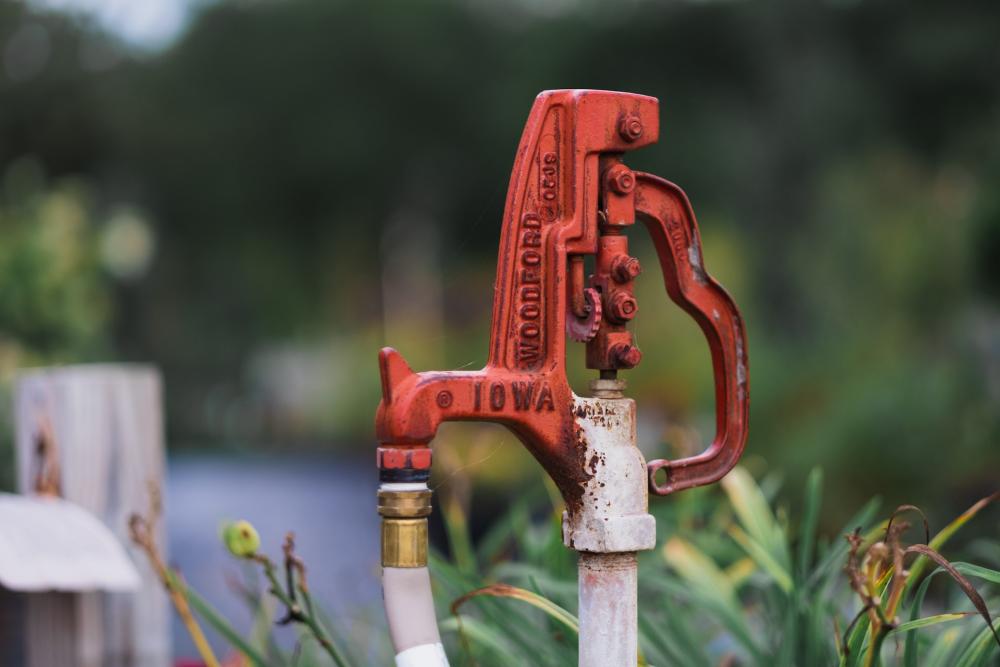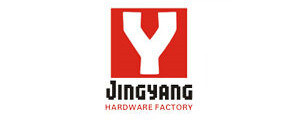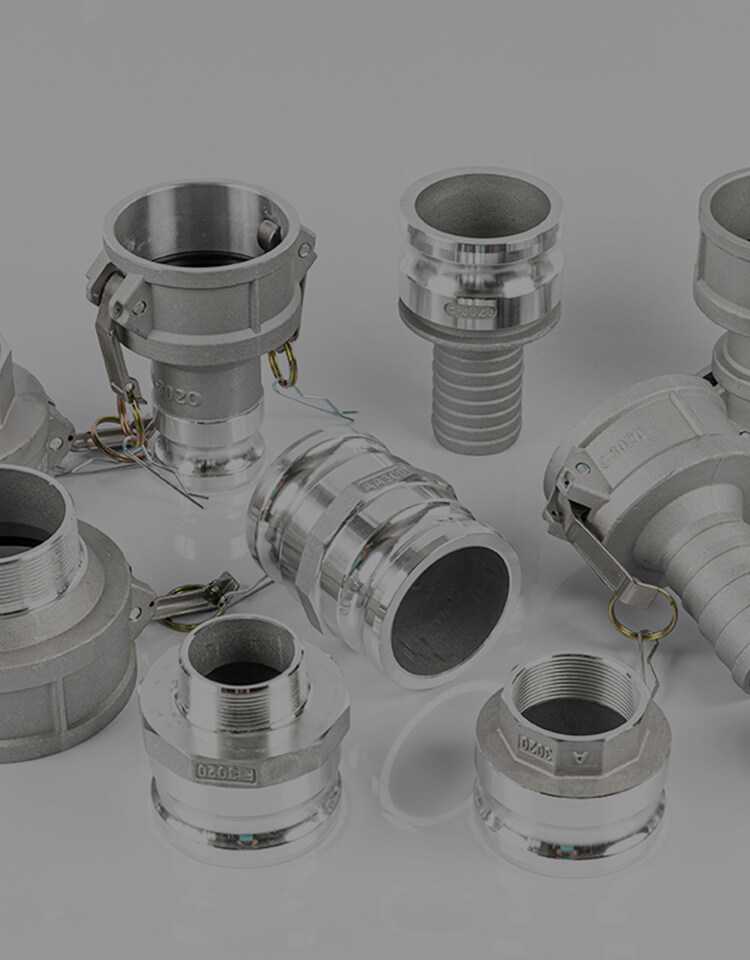Error de formato de correo electrónico
emailCannotEmpty
emailDoesExist
pwdLetterLimtTip
inconsistentPwd
pwdLetterLimtTip
inconsistentPwd

Noticias
Aquí, puedes describir un texto que quieres expresar

Decoding Brass Hose Fittings: A Comprehensive Comparison
Introduction
Brass hose fittings, a cornerstone in plumbing, have gained immense popularity for their durability and versatility. Screwfix, a leading retailer, offers a diverse range of these fittings, catering to the needs of DIY enthusiasts and professional plumbers alike. In this article, we delve into the characteristics, advantages, and comparisons of brass hose fittings with other materials, exploring the nuances that make them a preferred choice in plumbing projects.
Characteristics of Brass Hose Fittings
Brass hose fittings boast exceptional durability, making them resistant to corrosion and ensuring a prolonged lifespan. This longevity is attributed to the inherent strength of brass, a metal alloy known for its high tensile strength. The robust construction of these fittings makes them ideal for a wide range of applications, providing a reliable solution for various plumbing needs.
Advantages of Brass Hose Fittings
Strength and reliability are key attributes that set brass hose fittings apart. Their high tensile strength ensures they can withstand pressure and external forces, making them a reliable choice in demanding plumbing environments. The ease of installation is another highlight, featuring DIY-friendly elements that streamline the assembly process, reducing the need for professional intervention.

Comparisons with Other Materials
1. Brass vs. Plastic Hose Fittings
When comparing brass with plastic hose fittings, the strength and durability of brass shine through. Unlike plastic, brass hose fittings exhibit superior longevity and can withstand harsh environmental conditions. While plastic fittings may be lighter, the long-term reliability of brass makes it a more sustainable choice.
2. Brass vs. Stainless Steel Hose Fittings
The corrosion resistance of brass and stainless steel is a pivotal factor in their comparison. Brass hose fittings offer commendable resistance, making them suitable for diverse applications. However, stainless steel may outshine brass in specific corrosive environments. Considering cost-effectiveness, brass generally provides a more economical solution without compromising on quality.
3. Brass vs. Aluminum Hose Fittings
In the realm of weight and density, brass and aluminum hose fittings diverge. Brass, though denser, offers advantages in terms of thermal conductivity. Aluminum, on the other hand, is lightweight but may not be as thermally efficient. The choice between these materials depends on the specific requirements of the plumbing project.
Market Trends and User Preferences
Consumer feedback on brass hose fittings from Screwfix reveals a positive sentiment. Users commend the durability and reliability of these fittings, emphasizing their satisfaction with the product range. Industry experts recommend brass for its versatility and compatibility with various pipes, contributing to its widespread adoption.
Where to Find Quality Brass Hose Fittings
Screwfix stands out as a reliable source for quality brass hose fittings. Their extensive product range caters to different plumbing needs, providing options for professionals and DIY enthusiasts alike. While Screwfix is a prominent retailer, exploring other reputable outlets and online marketplaces can unveil a plethora of choices, allowing consumers to compare prices and access exclusive deals.
Conclusion
In conclusion, brass hose fittings from Screwfix epitomize durability, reliability, and versatility in the realm of plumbing. The comparisons with other materials underscore the unique advantages of brass, making it a preferred choice for various applications. Whether you are a seasoned plumber or a DIY enthusiast, the robust construction and ease of installation make brass hose fittings an indispensable component in any plumbing project.

